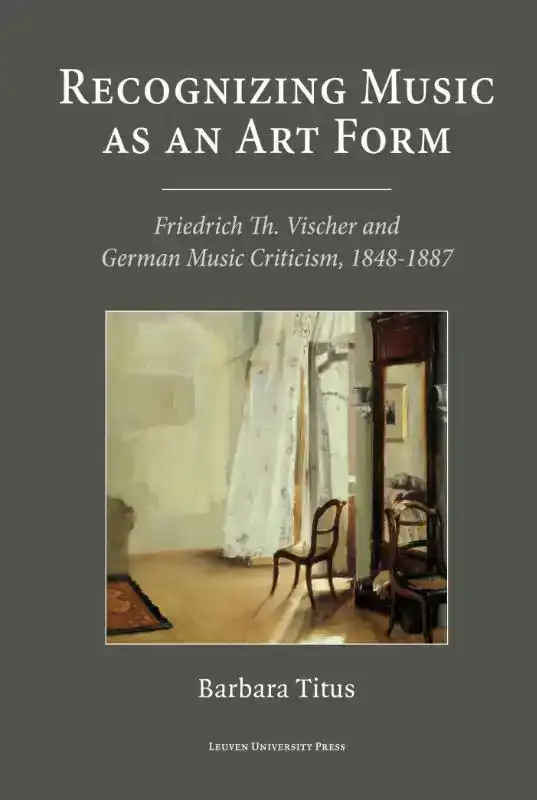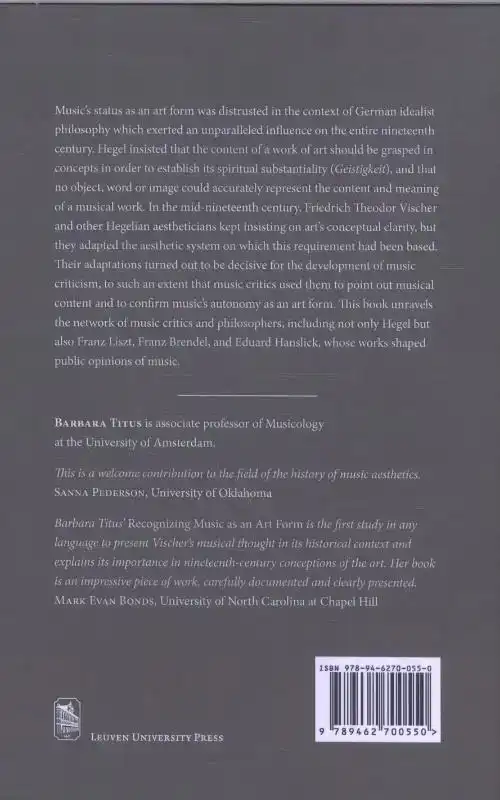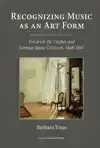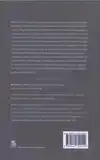- Engels
- Pockets
- muziek algemeen
- muziekwetenschap
- RECOGNIZING MUSIC AS AN ART FORM
TITUS, BARBARA
RECOGNIZING MUSIC AS AN ART FORM
69,50incl BTW
Vertrouwd sinds 1927
Persoonlijke aandacht en advies
Vanaf 17,50 gratis verzenden NL & BE
Meer dan 150.000 artikelen online
Omschrijving RECOGNIZING MUSIC AS AN ART FORM
The impact of Hegelian philosophy on 19th-century music criticism.
Music''s status as an art form was distrusted in the context of German idealist philosophy which exerted an unparalleled influence on the entire nineteenth century. Hegel insisted
that the content of a work of art should be grasped in concepts in order to establish its spiritual substantiality (Geistigkeit), and that no object, word or image could accurately represent the content and meaning of a musical work. In the mid-nine
teenth century, Friedrich Theodor Vischer and other Hegelian aestheticians kept insisting on art''s conceptual clarity, but they adapted the aesthetic system on which this requirement had been based. Their adaptations turned out to be decisive for th
e development of music criticism, to such an extent that music critics used them to point out musical content and to confirm music''s autonomy as an art form. This book unravels the network of music critics and philosophers, including not only Hegel
but also Franz Liszt, Franz Brendel, and Eduard Hanslick, whose works shaped public opinions of music.
Music''s status as an art form was distrusted in the context of German idealist philosophy which exerted an unparalleled influence on the entire nineteenth century. Hegel insisted
that the content of a work of art should be grasped in concepts in order to establish its spiritual substantiality (Geistigkeit), and that no object, word or image could accurately represent the content and meaning of a musical work. In the mid-nine
teenth century, Friedrich Theodor Vischer and other Hegelian aestheticians kept insisting on art''s conceptual clarity, but they adapted the aesthetic system on which this requirement had been based. Their adaptations turned out to be decisive for th
e development of music criticism, to such an extent that music critics used them to point out musical content and to confirm music''s autonomy as an art form. This book unravels the network of music critics and philosophers, including not only Hegel
but also Franz Liszt, Franz Brendel, and Eduard Hanslick, whose works shaped public opinions of music.
Specificaties
- MerkLeuven University Press
- GroepMUZIEK ALGEMEEN (660)
- Barcode9789462700550
- LeverstatusActief
Reviews
0.0/5.0
Gemiddelde uit 0 reviews
Meest behulpzame reviews
Nog geen reviews geschreven




